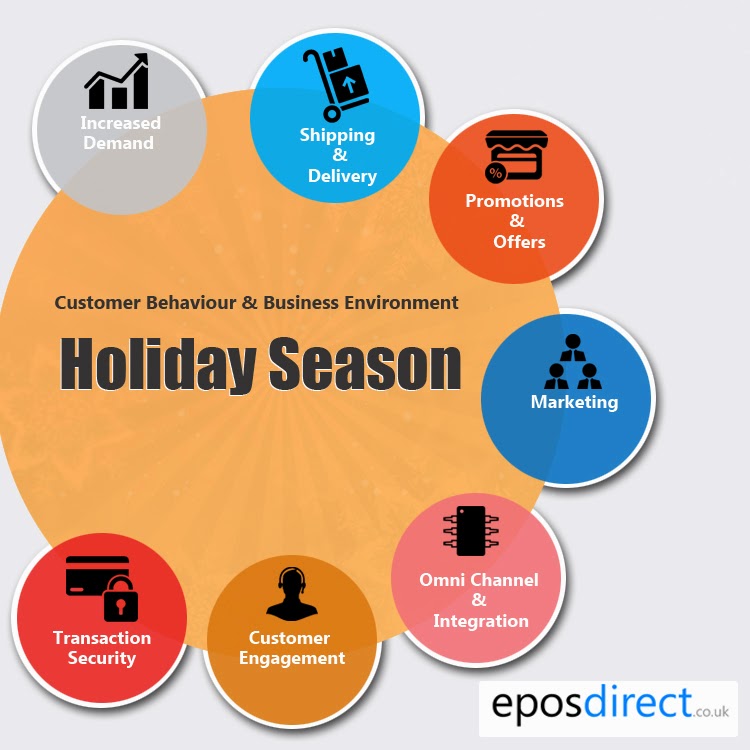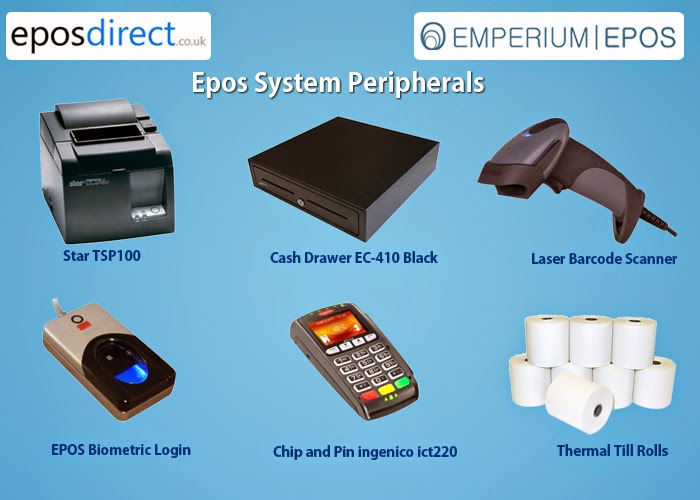The Holiday Season is officially own its way. The Thanksgiving,
Black Friday and Cyber Monday Sales have started and are in full swing. Everybody
likes a sale but having an excuse to indulge in Retail Therapy comes fully with
the Holiday Season territory.
Businesses can expect the rush and disruptive sales pattern
to continue well into the New Year. The promise of a boom in sale is evident;
but are retailers really prepared and poised to exploit the opportunities?
Perhaps more pertinently are Retailers ready to face the challenges this
brings? To state the obvious: you can’t exploit the opportunities in front of
you if you do not prepare yourself to face the challenges that come with it.
Here I look at the key Holiday Season environmental and
customer behaviour issues the Retailer must consider in coping with the Holiday
Season.
Increased Demand: one
of the most noticeable disparities in business environment and customer behaviour
would be the increase in demand. The increase is likely to be across a range of
products but with some products proving more popular than the other, sometimes
unexpectedly. In 2004 for example Hamleys reported that the Destination Game
was the top selling board game ahead of Monopoly.
Shipping and
Delivery: customer requirements
during this period change the rules of shipping and delivery. Retailers face
extreme competition with free and quick delivery becoming the norm rather than
the exception. Many customers expect click and collect purchases to be
available. The smaller and medium retailers face a resource deficit in relation
to the established big retailers but cannot take the eye off the ball in
relation to this very significant issue.
Promotions and
Offers: there is no limit to the
number of promotions and offers available to customers during the holiday
season. Clearly the resources and business scale do not allow businesses to
automatically match more resourceful rivals. Playing to their strengths and targeted
promotions and offers hold the key to retailers. Here personalisation and localisation
can act as differentiators.
Marketing Channels: everyone’s
doing what you wanted or planned to do when the mad rush for customer is on. So
how do you effectively market your business and products? The argument that
Digital Channels dominate lead generation and market penetration is now beyond
doubt. Effective use of social media tools like Facebook, Twitter and well
planned and phased email campaigns are the secret to a successful Holiday
Season Marketing campaign.
Omni channel
Integration: the customer is in a
rush but needs the right product at the time and place of his choosing. It goes
without saying that an integrated multi channel sales process will
differentiate itself from its competitors. Data points and sales process should
be seamlessly integrated supporting multiple channels such as ecommerce,
in-store, telephone, click and collect from a single point of view.
Customer Engagement: disruptive
requirements result in chaotic customer behaviours. Retailers face a big
challenge in maintaining and managing customer relationships during this time.
Requests for returns, refunds and exchanges are likely to be the norm and how
Retailers deal with it will make or break their Holiday Season campaigns.
Transaction Security:
scammers and fraudsters see a global
opportunity during this season. With multiple channels and extensive range of
payment options available, there is a bigger opportunity to use credit cards,
online payments etc fraudulently. Retailers faced with huge sales backlog may
be tempted to bypass normal transaction security guidelines. This would be
counterproductive to the Retailers operations
as well as reputation.
With the Holiday Season Retail Rush on, let me know what you
think are the most relevant issues and how they impact trade during this
period. Would love to hear from you.





.jpg)
.jpg)
.jpg)
.jpg)

.jpg)